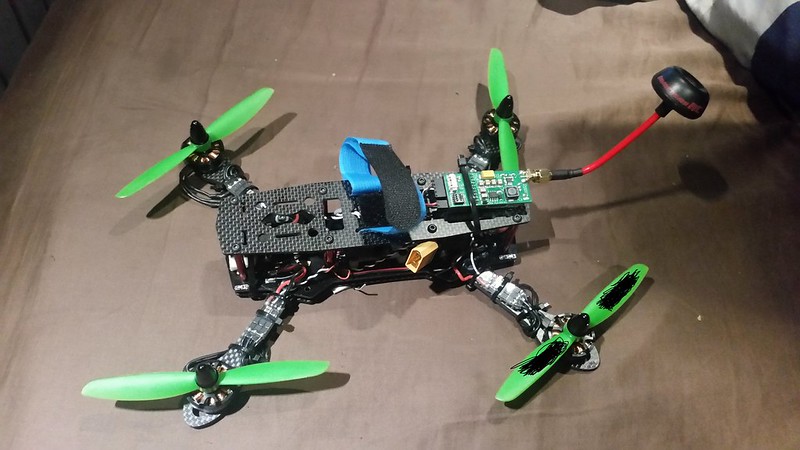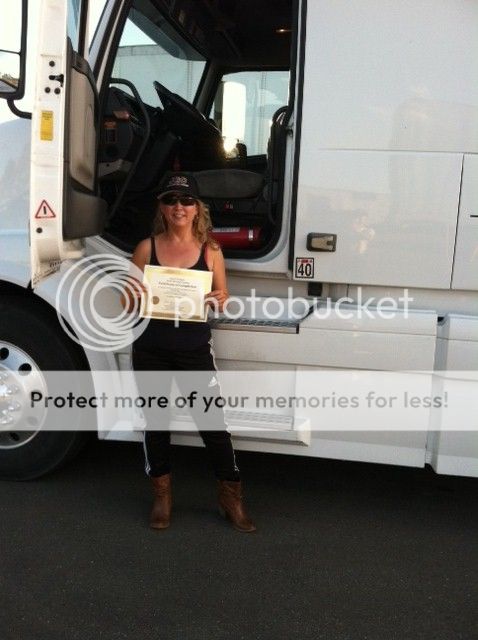W.I.A. ~ How Long Does Process Take?? Do They Reimburse?? Info If You Got It! :)
Topic 12017 | Page 1

Probably varies by state how long the process takes. I just went to a 1 hour "orientation" that is required yesterday where they gave me some simple papers to fill out and take to the main office where i will get a case worker. You have to go through some training classes and take some tests from what i gathered. They will pay up to $7,000 for schooling here in PA so if that's the case in your state then you wont have to pay anything because most schools are about $5,000 from what i researched.

I just got my WIOA grant in California. Took about 2.5 months. You can't start any training until the grant is approved if you want them to pay any of it.
WIOA:
WIOA - Workforce Innovation & Opportunity Act (aka WIA)
Formerly known as the Workforce Investment Act (WIA), the WIOA was established in 1998 to prepare youth, adults and dislocated workers for entry and reentry into the workforce. WIOA training funds are designed to serve laid-off individuals, older youth and adults who are in need of training to enter or reenter the labor market. A lot of truck drivers get funding for their CDL training through WIOA.
KaSandra, do you know that's are several companies that will train you in their own school, or pick up the tab from some private truck schools?
Check out Company-Sponsored Training and Truck Driving Schools. Yes, it's not exactly free, but you work for the company for about a year, you get it paid off.
FYI, one year ago, I made phone calls all through the hiring process for Swift. I was enrolled in their Academy within a week from applying. From School (not paid a wage) through the OTR training (paid a wage) took almost three months till I was solo with my own truck.
CDL:
Commercial Driver's License (CDL)
A CDL is required to drive any of the following vehicles:
- Any combination of vehicles with a gross combined weight rating (GCWR) of 26,001 or more pounds, providing the gross vehicle weight rating (GVWR) of the vehicle being towed is in excess of 10,000 pounds.
- Any single vehicle with a GVWR of 26,001 or more pounds, or any such vehicle towing another not in excess of 10,000 pounds.
- Any vehicle, regardless of size, designed to transport 16 or more persons, including the driver.
- Any vehicle required by federal regulations to be placarded while transporting hazardous materials.
OTR:
Over The Road
OTR driving normally means you'll be hauling freight to various customers throughout your company's hauling region. It often entails being gone from home for two to three weeks at a time.
Company-sponsored Training:
A Company-Sponsored Training Program is a school that is owned and operated by a trucking company.
The schooling often requires little or no money up front. Instead of paying up-front tuition you will sign an agreement to work for the company for a specified amount of time after graduation, usually around a year, at a slightly lower rate of pay in order to pay for the training.
If you choose to quit working for the company before your year is up, they will normally require you to pay back a prorated amount of money for the schooling. The amount you pay back will be comparable to what you would have paid if you went to an independently owned school.
Company-sponsored training can be an excellent way to get your career underway if you can't afford the tuition up front for private schooling.

The WIA stuff is definitely worth it if you're eligible. No cost, no commitments to individual companies.

The WIA stuff is definitely worth it if you're eligible. No cost, no commitments to individual companies.
In Pennsylvania, the recipient of the WI must successfully complete the training, thus the pre-fund testing process: Pennsylvania tries to ensure the prospective student is both qualified and motivated to successfully complete the training.

The wi stuff is definitely worth it if you're eligible. No cost, no commitments to individual companies.
In Pennsylvania, the recipient of the WI must successfully complete the training, thus the pre-fund testing process: Pennsylvania tries to ensure the prospective student is both qualified and motivated to successfully complete the training.
Did you receive funding this way? If so how long did it take you to be approved?

Actually, i tried to use the program but i had a job at a time when they were overwhelmed with unemployed applicants so i was turned down. Instead i worked for like 4 months to save up 1k in advance for an in house loan from my school. I highly value not being held to contracts when it's unnecessary, and when i was starting up a read a horror story here about a lady that went to conway and the training for driving there was some sort of competitive free for all type deal where you could never pass. I don't think that's the norm by any means, especially since most of the companies just outsource the training to private schools, but i felt more comfortable not being in debt to the company i work for or having to compete for a position at my expense.

Thank you all SO much!..I will take this all in and maybe reply to some...or go from here...My first response tho is that I do not really have time to go thru the WIA process....My Mom might be able to help ...I feel determined...I can do this..somehow....:) !~KaSandra
Sorry I'm late to the party here but we have a ton of Information About The WIA (Workforce Investment Act) Program so have a look at that.
New Reply:
New! Check out our help videos for a better understanding of our forum features

















Preview:








 TT On Facebook
TT On Facebook
Real quick-I'm on a little bit of a time frame ..I'm studying for my CDL permit. I found a truck driving training company locally I'm wanting to start with asap (after I get permit)~ A couple things. I'm working but was a homemaker for decades and need help getting on my feet long term (current job WON'T do this for me) since my kids are older and I'm single (no other income) . I'm thinking of putting the first part payment of school on credit card and checking into WIA and seeing if they can help..I woulda checked it out already but just found out it's possible..Anybody have any insight into how long that process takes (qualifying,paperwork,etc) and what is needed for process..and would they reimburse initial truck school payment (that I put on CC) I need to start school? ..I DO have to start so waiting is not an option..and I really like this school...:) so wanna go there...It will fit with my schedule etc...Only positive replies Please!! Reality is fine but I have MUCH goin on so keep it a bit light if possible :)..Thank you for ANY help!!~I'm excited and have been thinking of driving for a while... ~ KaSandra
~ KaSandra
CDL:
Commercial Driver's License (CDL)
A CDL is required to drive any of the following vehicles:
SAP:
Substance Abuse Professional
The Substance Abuse Professional (SAP) is a person who evaluates employees who have violated a DOT drug and alcohol program regulation and makes recommendations concerning education, treatment, follow-up testing, and aftercare.